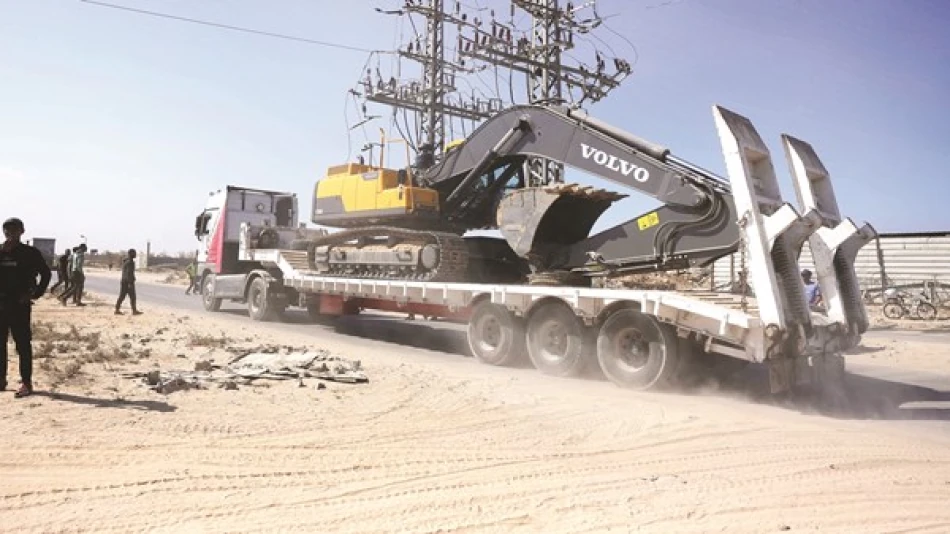
Israel Accuses Hamas of Delaying the Return of Prisoners' Remains
Israel's patience is wearing thin as Hamas struggles to return bodies of Israeli captives under the Gaza ceasefire deal. Israeli sources say Hamas is deliberately stalling to extend the first phase of the agreement, while Hamas claims it's doing everything it can despite severe equipment shortages and field complications.
An Israeli source told Channel 12 that the country has started exploring alternative approaches if the bodies aren't returned soon. Both sides have exchanged intelligence through mediators about possible locations of the remains.
Hamas sources paint a different picture. They say the group is working intensively with other Palestinian factions to find the bodies of Israeli captives throughout Gaza. But they're facing major obstacles - Israel's restrictions on heavy equipment and modern search tools entering the strip are making recovery operations nearly impossible.
A Hamas source said the group hopes international organizations, particularly the International Committee of the Red Cross, will provide technical support and necessary equipment to complete the process.
Hamas has already shared information about body locations with an Egyptian team that entered Gaza to help speed up the search under rubble and in tunnels. These areas are now under Israeli military control.
Israeli Broadcasting Authority confirmed yesterday that Israel allowed Hamas to work in several points within the yellow zone, not just in Rafah, to search for Israeli captive bodies. This approval led to Hamas conducting field tours in the Shuja'iyya neighborhood, which is under Israeli control. The political level also approved letting the group work at another site in Khan Younis.
Earlier, 12 heavy equipment vehicles entered through the Kerem Abu Salem crossing in southern Gaza as part of Egyptian committee efforts to help remove debris and open destroyed roads in several areas of the strip.
Reports indicate Israel knows the locations of 9 out of 13 bodies of its captives in Gaza. The locations of the remaining four bodies are still unknown. This comes as pressure mounts on Hamas to resume handing over bodies according to the ceasefire terms.
Meanwhile, US Secretary of State Marco Rubio said yesterday that Washington doesn't consider Israel's strike targeting what it said was an armed Palestinian group member in Gaza a violation of the US-backed ceasefire.
Speaking aboard President Donald Trump's plane during a trip to Asia, Rubio explained that the Gaza ceasefire is based on commitments from both sides. He noted that Hamas needs to speed up returning the remains of hostages who died in captivity.
The situation highlights the complex logistics of implementing the ceasefire deal. While Israel grows impatient, Hamas faces real challenges in locating and recovering bodies from areas devastated by months of fighting. The involvement of Egyptian teams and potential international support could be crucial for moving the process forward.
Most Viewed News

 Layla Al Mansoori
Layla Al Mansoori






